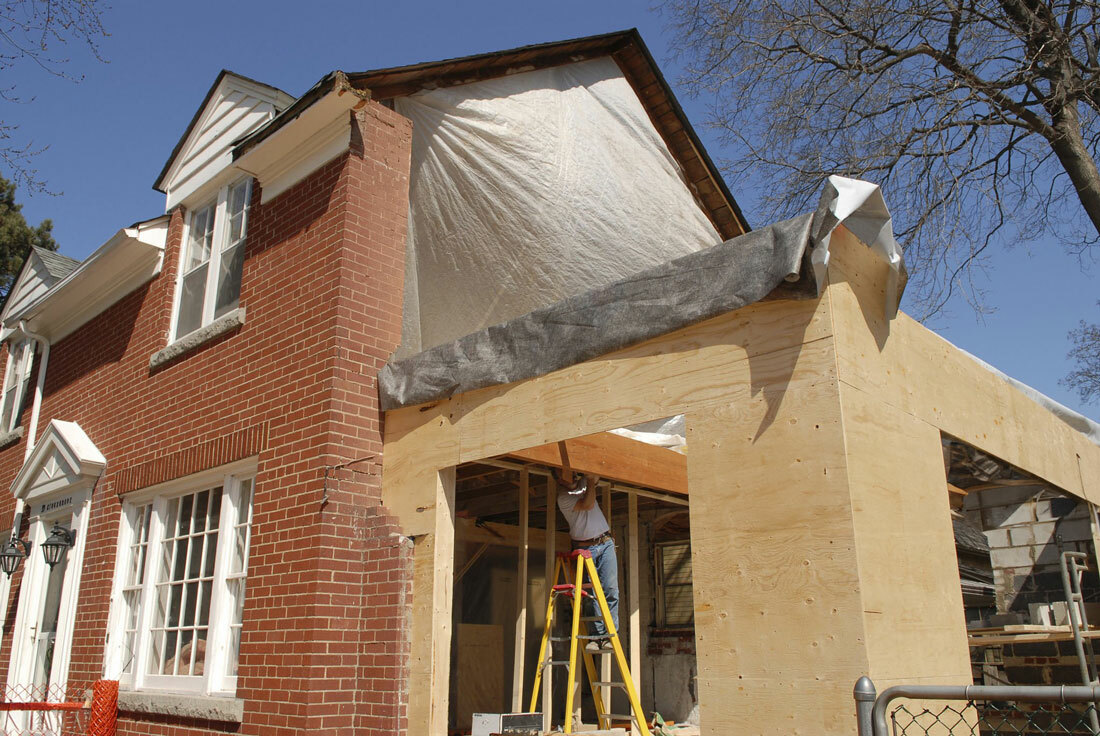
If you currently have a monthly mortgage payment, or are planning for a future where you will have one, you've probably come across the term "refinance" several times. But you may not be sure of what that means or how it could apply to you. There are many benefits to refinancing your home loan, so long as you go about it in the most efficient way. Depending on the circumstances surrounding your loan, refinancing can either be a good or a bad idea.
What refinancing is and how it works
Refinancing is when a borrower replaces their current home mortgage with a new loan. Borrowers will do this for a variety of reasons, usually with the goal of saving money. The process of refinancing is similar to applying for your first mortgage:
You'll have to fill out an application, provide financial documents, get approved by the bank or mortgage company, and pay closing fees. You won't have to refinance with the same lender if you don't want to. So it's important to do as much research as you can to find out which mortgage lender has the best options for you, whether that's your current lender or a different one.
Benefits to refinancing
You can pay lower interest rates. If you obtained your mortgage when interest rates were historically high and they have since gone down, you may want to consider refinancing. This can reduce your monthly mortgage payments, allowing you to pay the loan off faster, save more money or put it toward home improvements.
You can stop paying private mortgage insurance (PMI). Once you have 20% equity in the home, you'll be eligible for a conventional loan with no PMI. Make sure you keep track of how much of the total mortgage you've paid off each month so you can schedule your refinance strategically.
You can take cash out through your mortgage. This is known as a cash-out refinance and is common among borrowers who are trying to make big purchases and need the money fast. Let's say you need $40,000 to build a swimming pool in your backyard, your home is worth $500,000, and you've been paying your existing mortgage payments and you still owe $200,000. With a cash-out refinance, you could increase the remaining balance on the loan to $240,000, and receive that $40,000 from the lender in the form of cash to build your swimming pool.
When you shouldn't refinance
If you have a bad credit score, you might want to hold off on refinancing until it improves. Applicants with bad credit scores will have fewer options, and if they're accepted, may get stuck with higher mortgage rates. Also, it's important to note that the process of refinancing alone hurts your credit score. The lender will look at your credit history through what's called a "hard inquiry." Anytime a hard inquiry occurs, the applicant's credit score lowers. So if you apply multiple times for a refinance, your credit score will suffer, making it even more difficult to find a competitive mortgage rate.
If you have a short amount of time left on the mortgage, don't be too quick to refinance. Many borrowers will choose to extend the term of their mortgage in exchange for lower monthly payments. This might make the most financial sense in the moment, especially if your income drastically decreases. Though, depending on the fluctuation of interest rates, you may end up paying more with a refinance than you would have with your original mortgage. After all, the longer your mortgage lasts, the more interest you'll pay. In this situation, try to crunch the numbers and find out if refinancing will actually save you money, even after all those extra interest payments.
If you've already refinanced several times to make your monthly payments cheaper, try to hold off on doing it again. The longer it takes you to pay off your loan, the slower you'll accumulate equity. Let's say your home was worth $500,000 when you first obtained your mortgage, but due to fluctuation in the housing market, it's now only worth $300,000. You've refinanced several times but still owe $350,000 to the lender. This is known as being "underwater," since you owe more than the house is worth. This is an unfortunate financial situation to be in, especially if you plan on selling the property later in life.
Interested in learning more about refinancing and your options? We're here to help! Contact The Federal Savings Bank today.
This information is intended for educational purposes only. Products and interest rates subject to change without notice. Loan products are subject to credit approval and include terms and conditions, fees and other costs. Terms and conditions may apply. Property insurance is required on all loans secured by property. VA loan products are subject to VA eligibility requirements. Adjustable Rate Mortgage (ARM) interest rates and monthly payment are subject to adjustment. Upon submission of a full application, a mortgage banker will review and provide you with the terms, conditions, disclosures, and additional details on the interest rates that apply to you individual situation.


